Tax return: HMRC’s payments on account deadline is approaching – here is why it is unfair for the self-employed
Self-assessment taxpayers have until the end of July to pay the latest instalment of their tax return, but is the charge fair? Marc Shoffman explains why this is hurting self-employed people

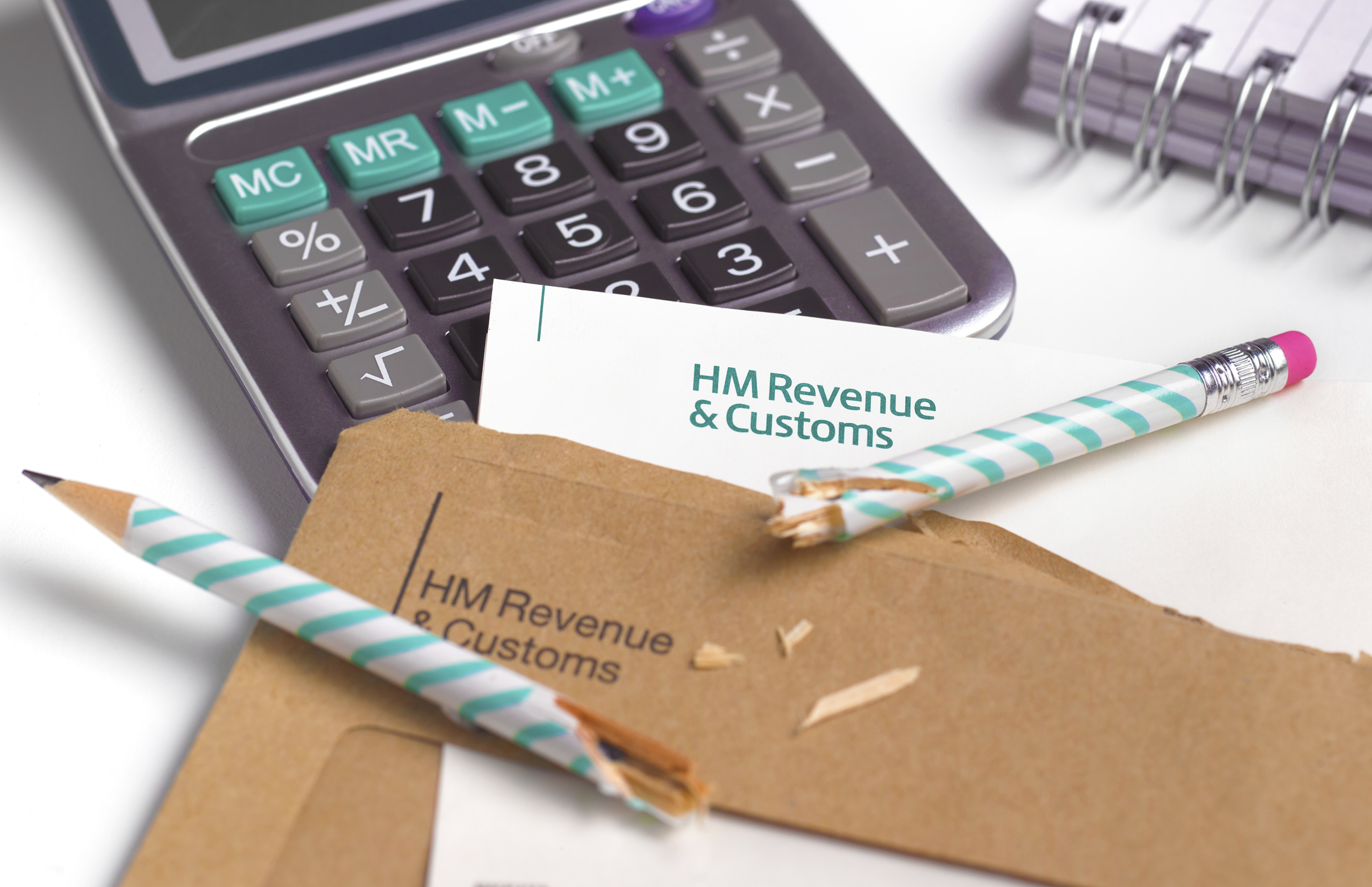
Get the latest financial news, insights and expert analysis from our award-winning MoneyWeek team, to help you understand what really matters when it comes to your finances.
You are now subscribed
Your newsletter sign-up was successful
Want to add more newsletters?

Twice daily
MoneyWeek
Get the latest financial news, insights and expert analysis from our award-winning MoneyWeek team, to help you understand what really matters when it comes to your finances.

Four times a week
Look After My Bills
Sign up to our free money-saving newsletter, filled with the latest news and expert advice to help you find the best tips and deals for managing your bills. Start saving today!
Reminders from HMRC are arriving on the doormats and through the inboxes of the self-employed as millions face an extra tax return bill in the coming weeks when payments on account are due.
Much of the focus on self-assessments is around the 31 January tax return deadline when around 12 million people are usually expected to file a tax return for untaxed earnings from the previous financial year.
But HMRC doesn’t only want to get its hands on money owed from the previous tax year, it also has a way to ensure self-employed people like me are keeping up to date with their taxes through payments on account.
MoneyWeek
Subscribe to MoneyWeek today and get your first six magazine issues absolutely FREE

Sign up to Money Morning
Don't miss the latest investment and personal finances news, market analysis, plus money-saving tips with our free twice-daily newsletter
Don't miss the latest investment and personal finances news, market analysis, plus money-saving tips with our free twice-daily newsletter
It comes as data shows HMRC has charged £513 million in interest on the late payment of income tax since 2020.
This marks a busy period for the self-employed, especially if you are running your own limited company.
From this autumn, all company directors must verify their identity with Companies House in time for when they next need to file a confirmation statement but the changes are causing confusion.
Everyone wants to pay their fair share of tax, but there are reasons why the payments on account system can be unfair for the self-employed.
What are payments on account?
If you owe more than £1,000 in tax through self-assessment or haven’t already paid more than 80% through your tax code, HMRC adds payments on account to your bill.
This covers tax that you technically will have owed HMRC since the start of the current tax year in April.
One portion is added to your 31 January bill and the rest is owed by 31 July.
For example, if your tax bill for the 2023/2024 tax year was £3,000.
The total tax to pay by midnight on 31 January 2025 would have been £4,500.
This includes your £3,000 tax bill for the previous financial year and the first payment on account of £1,500 - based on your previous earnings - towards your 2024/2025 tax bill
You will then owe a second payment on account of £1,500 on 31 July 2025.
If your tax bill for 2024/2025 ends up higher, you will also need to make a ‘balancing payment’ by 31 January 2026 as well as your first payment on account for the next tax year.
If your total tax for the year is £3,000, the only payment you will need to make by 31 January 2026 is your first payment on account for the following tax year.
Many accountants, tax experts and HMRC argue that this helps the self-employed as if you sort your self-assessment early enough when the tax year ends in April, you can budget for these payments.
Technically, if you are organised then you are giving yourself from April to January to pay half your current tax year's bill with the first payments on account instalment and then have another six months until the end of July for the rest.
You can ask HMRC to lower your payments on account if you think your earnings will fall and you can get a refund if you pay too much. There is a risk that you may be charged interest if you underpay though.
HMRC can charge late payment penalties starting from 5% if a tax payment is 30 days late as well as 7.75% interest from the day after the payment is due, so it is important to pay.
"The payments on account scheme is designed to help people better manage the cost of their tax bill by splitting the amount into two payments and spreading the payments across the year," says Stevie Heafford, tax partner at accountancy firm HW Fisher.
"However, missing the deadline can be a costly mistake to make."
Paying tax is important but the payments on account system fails to reflect the realities of being self-employed.
What if you have unpredictable earnings?
Being self-employed brings plenty of flexibility but it also means my earnings can fluctuate.
As a freelance journalist, my income depends on the level of commissions I get each month and how generous editors are when it comes to shifts and rates.
So just because my latest tax return shows I have had a good year financially, that could all change in the next six months if commissions dry up.
It is like deciding to have an expensive meal at a restaurant once and then automatically being served and charged for the same thing the next time.
Invoicing issues for self-employed workers
Even if I know how much I am going to earn, another issue is actually getting paid.
There are plenty of publications that pay promptly, but in other cases I could be waiting weeks or months to have an invoice paid, or in some cases I may not ever get paid.
There are lots of professions with unpredictable income that this hits, especially if you have a sharp increase in earnings for one year.
“We work with a lot of barristers, and it can be a real issue for them,” says Scott-Taylor-Barr, principal adviser at Barnsdale Financial Management.
“They are being asked to pay taxes and then pre-pay tax on earnings they have billed for this year but may not see arriving in their bank accounts for years to come.”
Cashflow
The unpredictable earnings and invoicing issues can make it hard to start budgeting for payments on account, regardless of how early I start my tax return.
It therefore seems unfair to keep money locked up with HMRC for half a year when I could be using that for my own cashflow to pay bills or even myself.
Stephen Perkins, managing director of Yellow Brick Mortgages, highlights that you do not you pay tax in advance of earning other sorts of income, plus you don't get paid interest on the pre-payment either.
“In the first year of self-employment, you have to save twice the normal amount of tax to not be caught out by this,” he says.
“It shows a complete lack of trust from HMRC in the self-employed. Let them declare their income and then pay their tax bill with a deadline for payment.
“It is up to the individual to save their tax and plan for the bill, not for HMRC to force pre-payment. It is not a fair taxation policy and should be scrapped.”
Get the latest financial news, insights and expert analysis from our award-winning MoneyWeek team, to help you understand what really matters when it comes to your finances.

Marc Shoffman is an award-winning freelance journalist specialising in business, personal finance and property. His work has appeared in print and online publications ranging from FT Business to The Times, Mail on Sunday and the i newspaper. He also co-presents the In For A Penny financial planning podcast.
-
 Should you buy an active ETF?
Should you buy an active ETF?ETFs are often mischaracterised as passive products, but they can be a convenient way to add active management to your portfolio
-
 Power up your pension before 5 April – easy ways to save before the tax year end
Power up your pension before 5 April – easy ways to save before the tax year endWith the end of the tax year looming, pension savers currently have a window to review and maximise what’s going into their retirement funds – we look at how
-
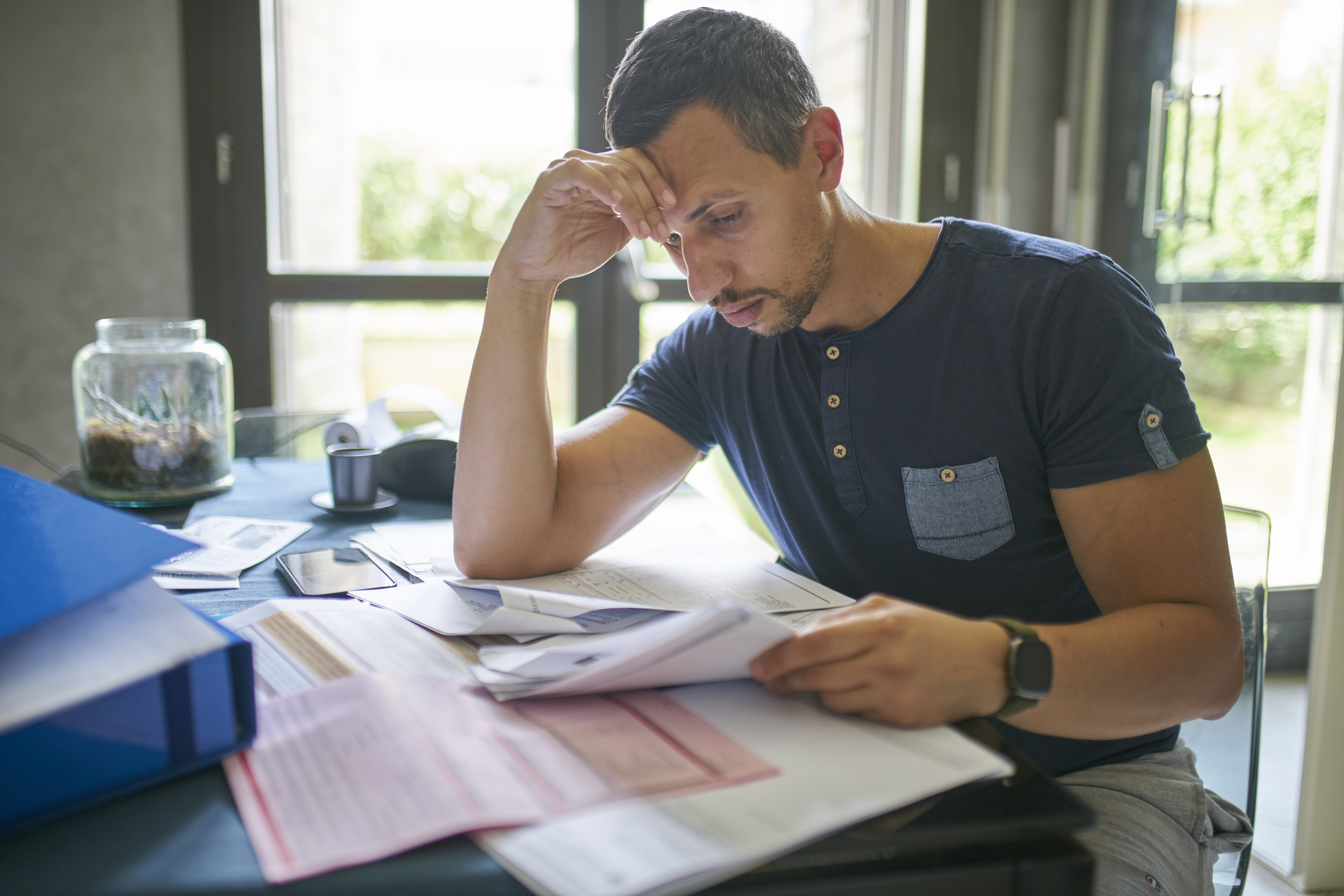 Two million taxpayers to be hit by £100k tax trap by 2026/27
Two million taxpayers to be hit by £100k tax trap by 2026/27Frozen thresholds mean more people than ever are set to pay an effective income tax rate of 60% as their earnings increase beyond £100,000. We look at why, as well as how you can avoid being caught in the trap.
-
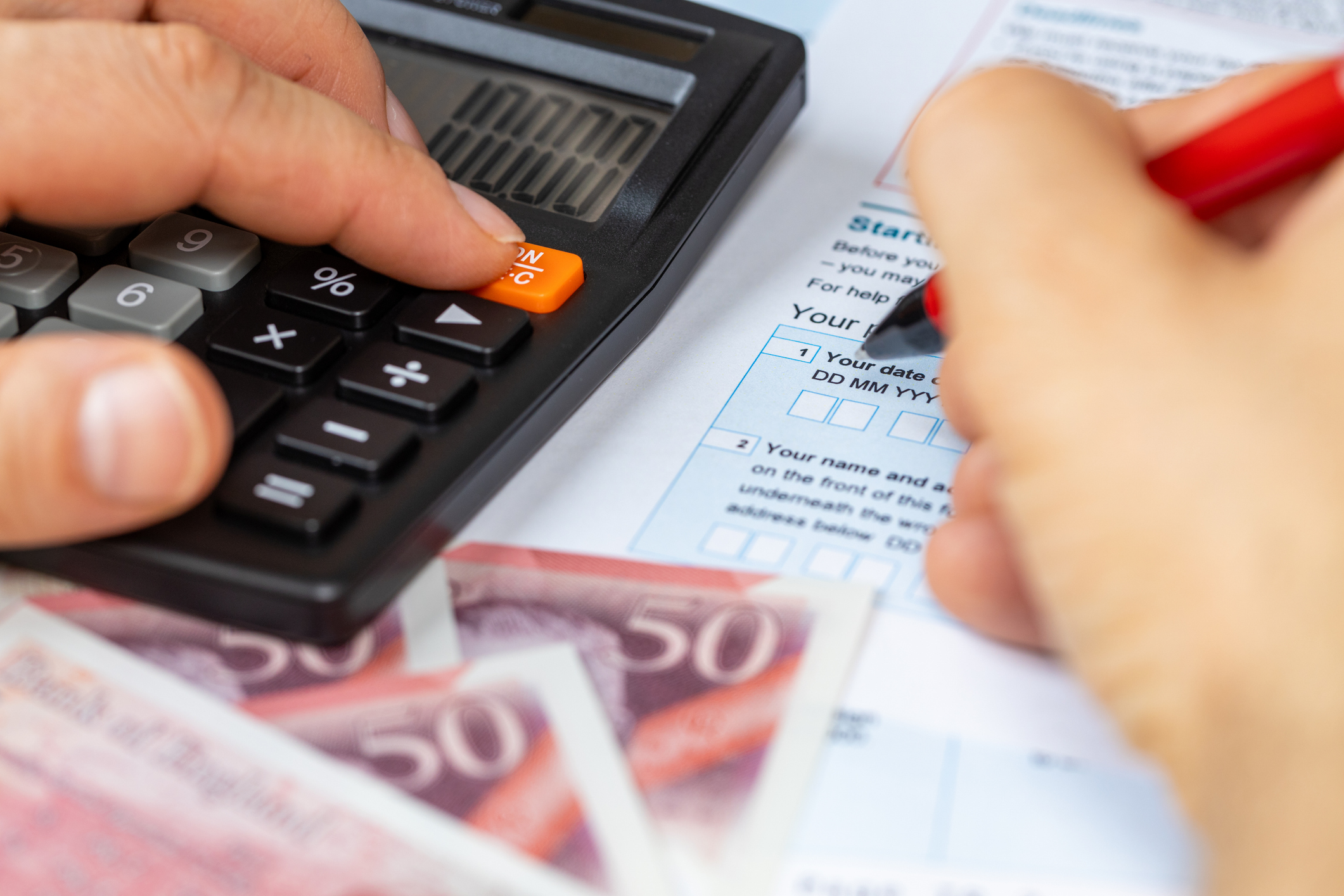 13 tax changes in 2026 – which taxes are going up?
13 tax changes in 2026 – which taxes are going up?As 2026 gets underway, we look at what lies ahead in terms of changes to tax rates and allowances this year and how it will affect you.
-
 How to limit how much of your Christmas bonus goes to the taxman
How to limit how much of your Christmas bonus goes to the taxmanIt's Christmas bonus season but the boosted pay packet may mean much of your hard-earned reward ends up with HMRC instead of in your pocket
-
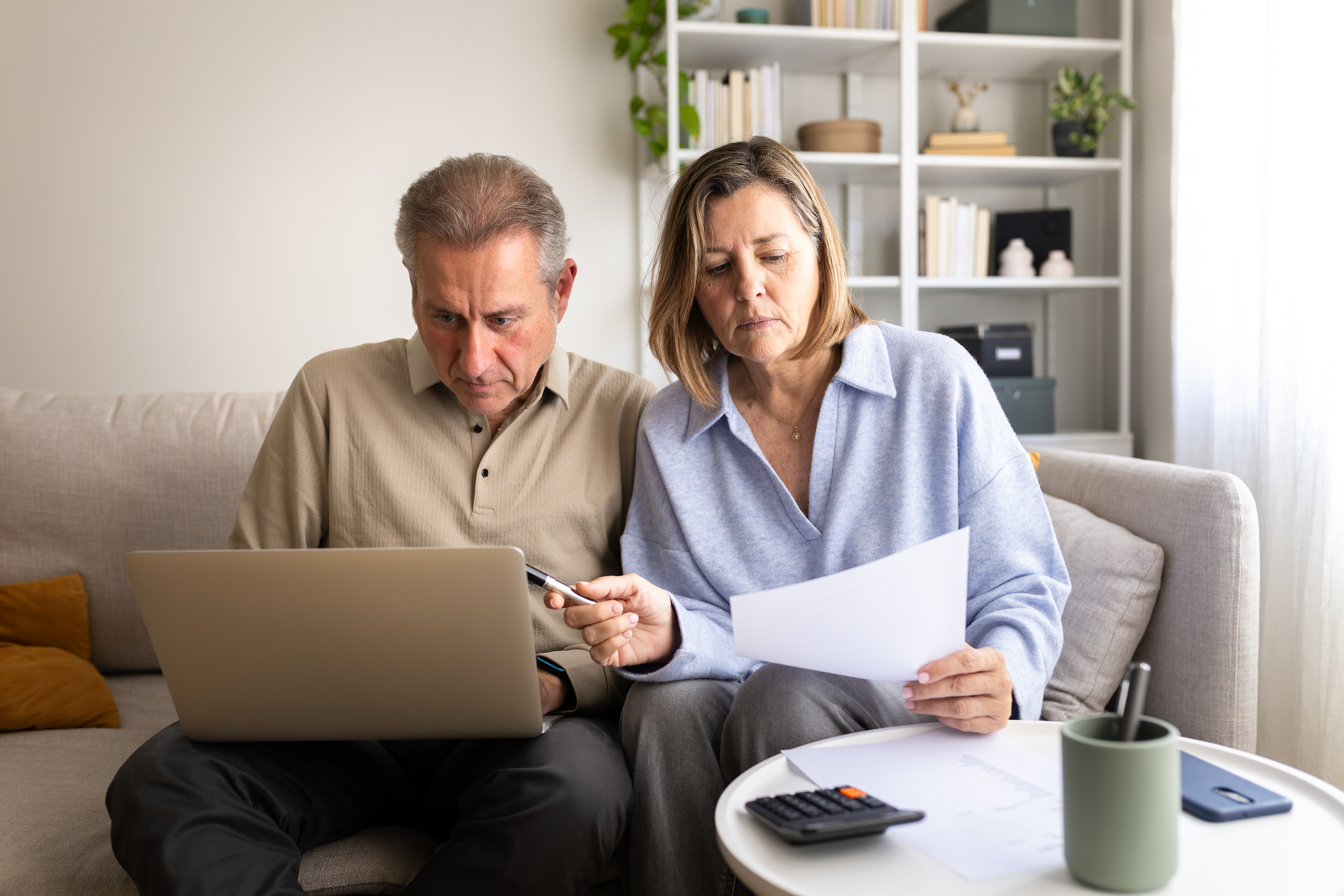 Over 1 million pay 45% rate of income tax as fiscal drag bites
Over 1 million pay 45% rate of income tax as fiscal drag bitesHundreds of thousands more people are being pushed into the additional rate tax band by fiscal drag
-
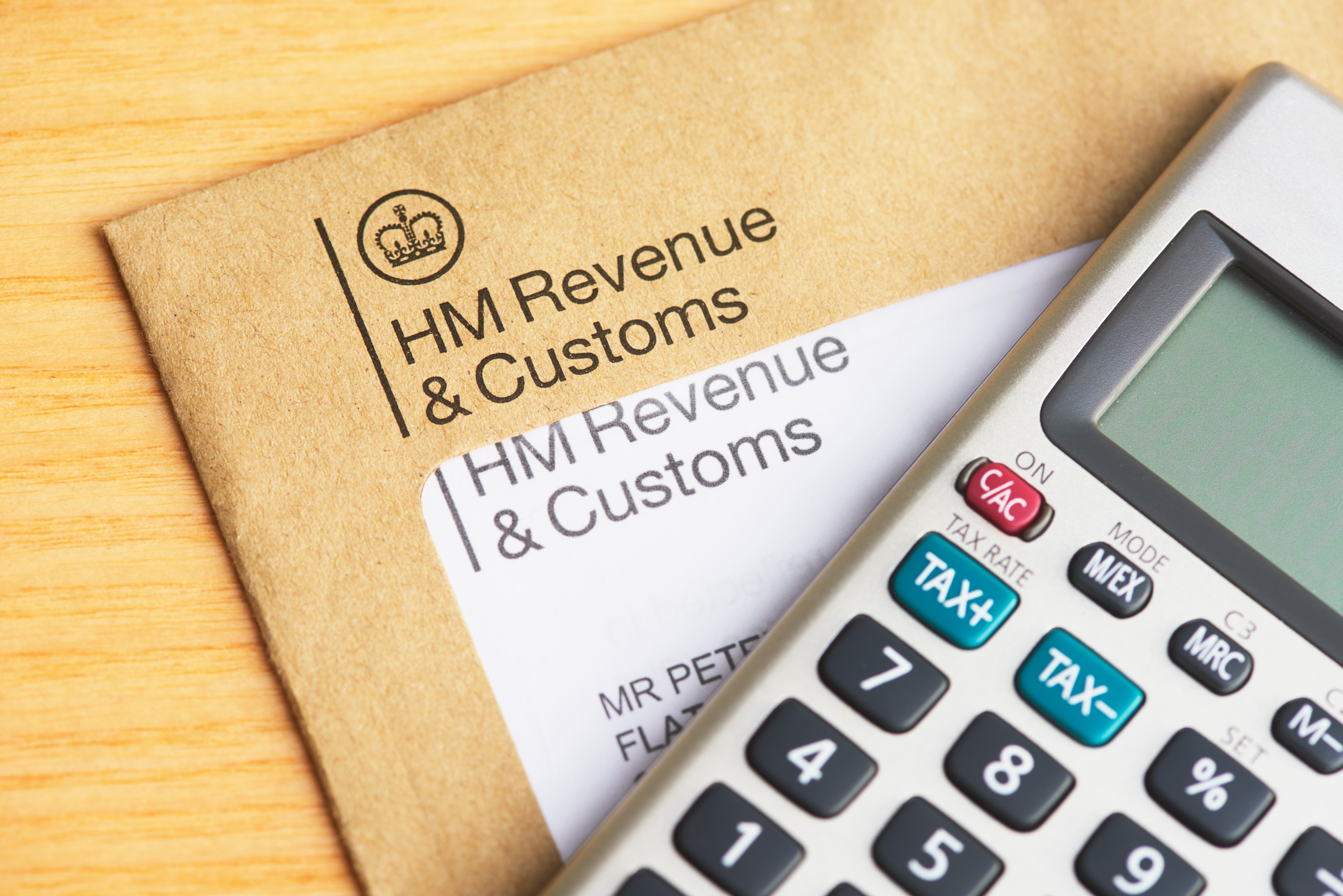 'I've used my annual ISA allowance. How can I shield my savings from tax?'
'I've used my annual ISA allowance. How can I shield my savings from tax?'As millions face paying tax on savings interest, we explore how to protect your money from the taxman. If you've used up your ISA allowance, we look at the other tax-efficient options.
-
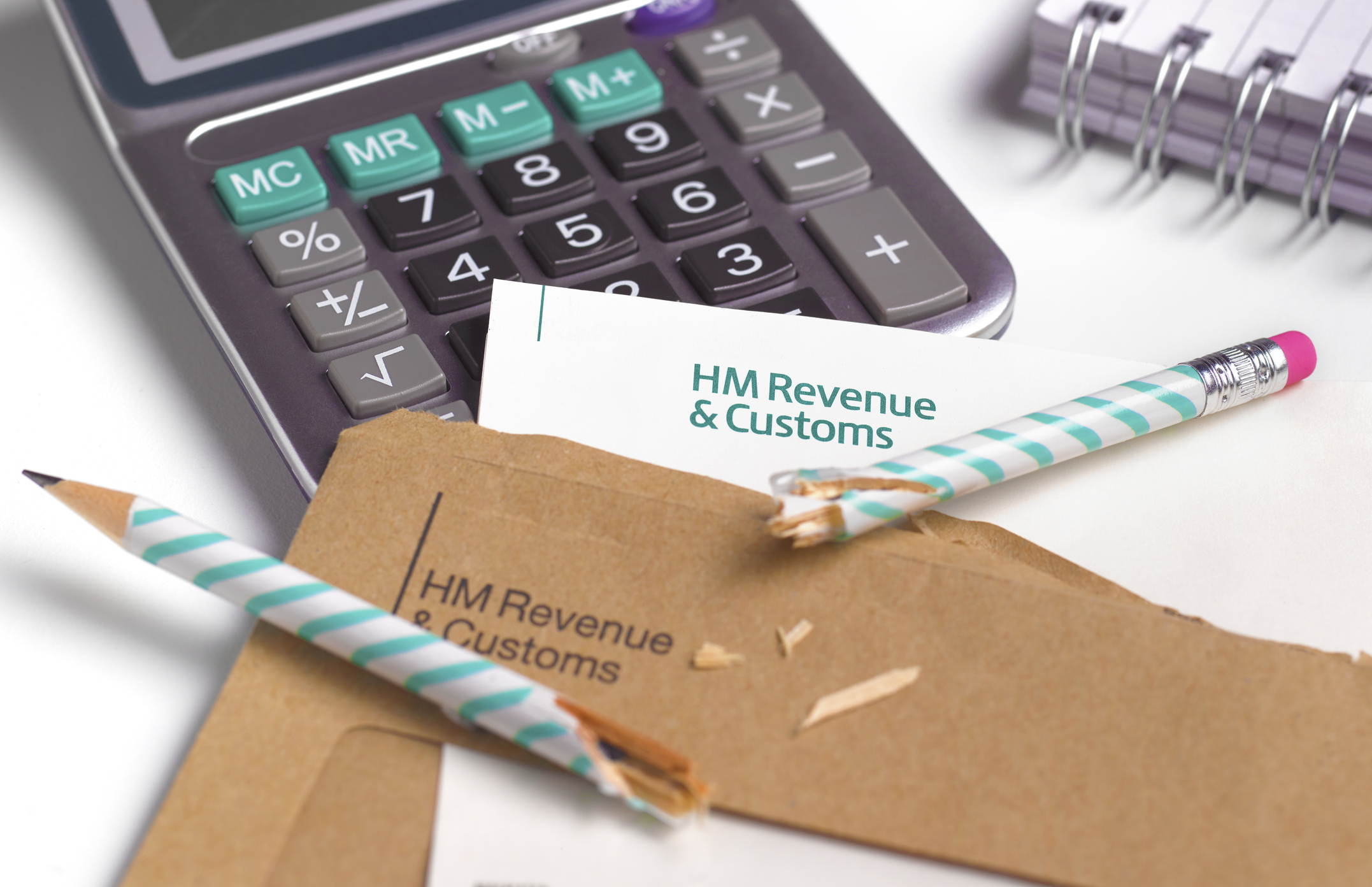 Simple assessment explained as millions brace for unexpected tax bills
Simple assessment explained as millions brace for unexpected tax billsIncreasing numbers of people could get letters from HMRC saying they owe more tax due to frozen thresholds, under a system known as simple assessment. Here is what it means for you.
-
 What are wealth taxes and would they work in Britain?
What are wealth taxes and would they work in Britain?The Treasury is short of cash and mulling over how it can get its hands on more money to plug the gap. Could wealth taxes do the trick?
-
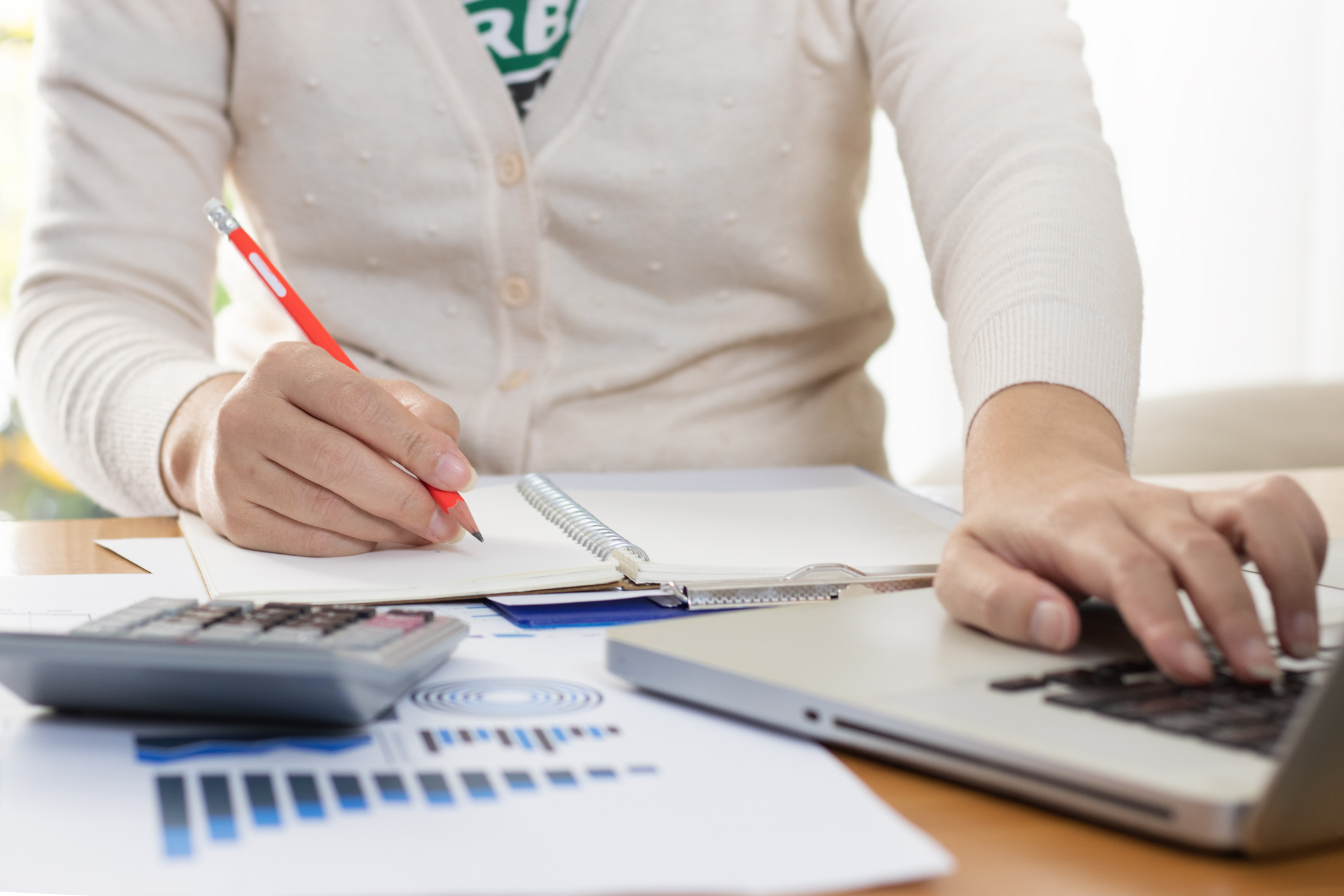 When is the self-assessment tax return deadline?
When is the self-assessment tax return deadline?If you are self-employed, rent out a property or earn income from savings or investments, you may need to complete a self-assessment tax return. We run through the deadlines you need to know about